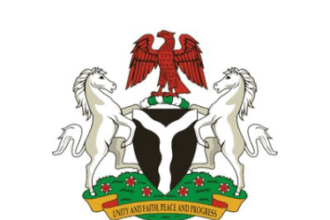The House of Representatives has given reason for its rejection of the Central Bank of Nigeria’s extension for the swapping of old naira notes.
Daily Report Nigeria recalls that the CBN governor, Godwin Emefiele on Sunday, announced an extension of the deadline to February10, saying that President Muhammadu Buhari gave the permission.
ATTENTION: Click “HERE” to join our WhatsApp group and receive News updates directly on your WhatsApp!
However, the House’s Adhoc Committee on new naira re-design and naira swap policy rejected the 10-day extension granted by the Central Bank of Nigeria (CBN) for the exchange of old naira notes for new ones.
The House had constituted the Adhoc Committee during its sitting on Tuesday, following the outcry by Nigerians, to look into the issue.
In a statement on Sunday by Alhassan Ado Doguwa, Majority Leader, House of Representatives and Chairman, Adhoc Committee on new naira re-design and naira swap policy, the House insisted that the CBN must comply with sections 20 sub 3, 4, and 5 of the CBN Act.
Doguwa said, “The 10-day extension for the exchange of the old naira notes is not the solution: We as a legislative committee with a constitutional mandate of the House, would only accept clear compliance with section 20 sub 3, 4, and 5 of the CBN act and nothing more.
“Nigeria as a developing economy and a nascent democracy must respect the principle of the rule of law. And the House would go ahead to sign arrest warrant to compel the CBN Governor to appear before the Adhoc committee.”
Describing the extension as a mere political gimmick to further deceive Nigerians and worsen their economic and social livelihood, Doguwa said the CBN governor must appear before or stand the risk of being arrested on the strength of legislative writs signed by the Speaker on Monday.
He also described the policy as capable of frustrating the forthcoming general elections.
“Security agencies and their operations especially at the states level are generally funded through cash advances and direct table payments of allowances to operatives during elections,” he said.

